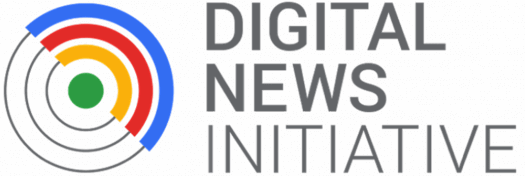Disinformation
All over the world, disinformation has already become a major challenge, even for the most powerful countries and organizations, including our allies – the United States, European Union and NATO. Disinformation has also become a test for our strategic partners by creating an illusory alternative to objective facts in both mainstream and alternative media. A reluctant approach to disinformation has already impacted the election results of several countries (such as the USA and the UK), has cost billions of euros and has even created preconditions for strengthening the overall social climate of insecurity.
To prevent the issue reaching an irredeemable status, theEU has joined the fight against disinformation, along with technological giants – Facebook, Google, etc. Until recently, these problems have been treated in a perfunctory manner in Lithuania, even though our country is attacked by disinformation on a daily basis through cyber means and with a continuous flow of disinformation. These attacks range in tens of thousands of purposeful attacks against the country and its society throughout the year. Misleading news creates confusion, spreads distrust in democratic institutions and the state itself, and causes negative psychological, emotional, and economic consequences. Therefore, in order to build an effective national and personal security system, there has to be better coordination between the involved stakeholders. It is also crucial to create a set of rapid, efficient actions and measures.
It is widely acknowledged that disinformation is a rising global issue. According to 2018 data, 85% of surveyed EU citizens consider disinformation to be a threat to democracy (LINK).
The scale of the issue is also apparent while looking at the number of attempts to spread false information.
Disinformation includes all forms of false, inaccurate, or misleading information which is designed, presented and promoted to intentionally cause public harm or to gain profit. Those can vary from misinformation to actually harmful propaganda.
False information can influence and shape the public opinion on certain issues using written, visual and audio tools which can be spread through various channels. Disinformation techniques include conspiracy theories, fabrication, band-wagoning, clickbait, whataboutism and others. By using those techniques, hostile actors manipulate and distort the truth.
POWER OF Debunk
The unity of the main media sources in Lithuania (which cover 90% of the Lithuanian population) is our power, as well as elves and the representatives of the state, who are connected and work on the platform together fighting against disinformation in real time.






